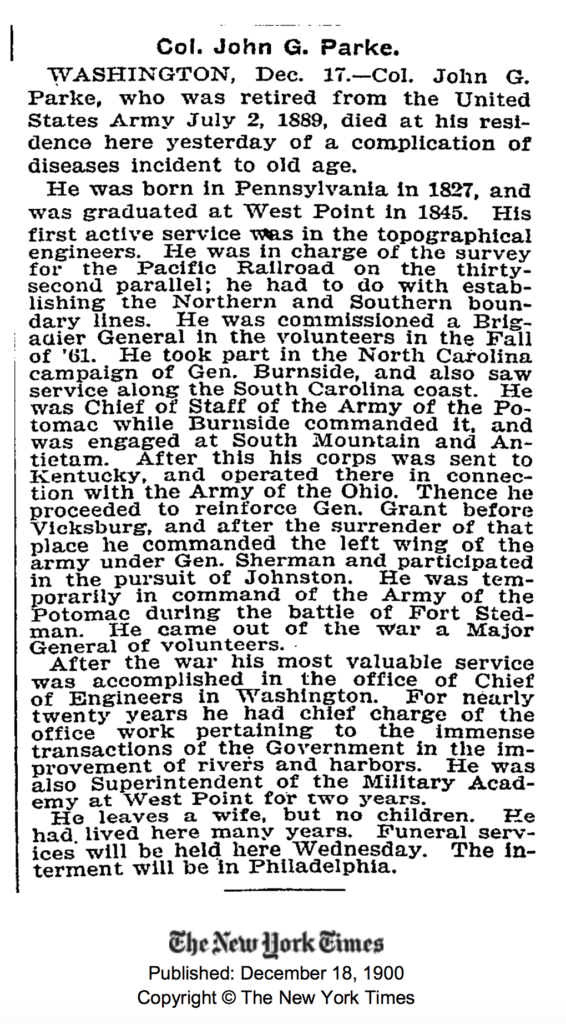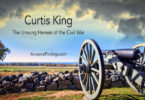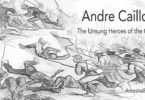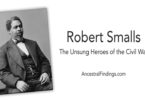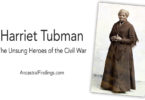John Grubb Parke was born in Coatesville, Chester County, Pennsylvania on September 22, 1827, to Francis G. Parke and Sarah (maiden name unknown). When he was eight years old, his family moved to Philadelphia. As a student, he studied first at a prestigious private academy, then attended the University of Pennsylvania for a time, before enrolling at West Point. He graduated second in his class from West Point in 1849.
Upon graduation from West Point, John was made a brevet Second Lieutenant in the US Army Corps of Engineers. In his engineering work, he determined the boundary line between Iowa and the Little Colorado River. He also surveyed routes for a railroad from the Mississippi to the Pacific Ocean. In addition, John was the chief surveyor of the group that was given the task of delineating the boundary between the northwest United States and Canada (which was then referred to as British North America).
He continued working with the US Army as a surveyor until the Civil War broke out, at which time he was appointed to Brigadier General. He commanded a brigade of Union volunteers in North Carolina around the start of 1862. Later that year, he was awarded a brevet promotion for his work at the Battle of Fort Macon and became a Major General of volunteers.
Throughout the war, John could be found doing work at most of the major battles and engagements. His career in the war closely followed that of Ambrose E. Burnside, and John often served Burnside as his chief of staff in several large and well-known engagements, such as Antietam, Fredericksburg, Vicksburg, Expedition, and Fort Stedman. He also briefly served as the commander of the Army of the Potomac, when that role was temporarily left empty.
When Burnside and his 9th Corps left the Eastern theater of the war after the mess that happened at Fredericksburg, John took over command of the Corps for the Vicksburg campaign. When Vicksburg surrendered, the Corps was transferred back to Burnside, who was then commanding the Army of Ohio, working to capture the city of Knoxville, Tennessee. Coming in from the Vicksburg campaign, John became Burnside’s chief of staff for the second time, the first time being at Antietam.
In the spring after Fredericksburg, Burnside was once again in command of the Corps and took them back to the Eastern theater for the Overland campaign, and John came along, retaining his position as Burnside’s chief of staff. John served Burnside and the Union in this capacity through some notoriously brutal Civil War battles, such as Wilderness and Spotsylvania Court House. He was too ill to serve during the Battle of Cold Harbor and was absent from the Army for that one, but he was well again and returned to duty for the Petersburg campaign.
Shortly after John’s return to duty, Burnside led another Union defeat at the Battle of the Crater, and Burnside subsequently left the Army. When he did, John was given command of the Corps.
He proved an excellent leader, taking the Corps to the Battle of Globe Tavern, the Battle of People's Farm, and the Battle of Boydton Plank Road, the latter being in the Petersburg campaign. He brought the Corps successfully through all of these battles and continued to serve the Army from the beginning of the war until the end of it. Most soldiers, even professional ones like John, did not serve the entire war. John was a quiet and often overlooked soldier, both in his time and by history, but he was dedicated to his cause and loyal to the Army.
He was present and in command of a segment of the Union line around Fort Stedman when General Robert E. Lee chose it for what would be the last major Confederate offensive of the Civil War. The current commander of the Army of the Potomac was absent for that engagement, leaving John in charge of the entire Army for that engagement and a short time afterward. He led the Army of the Potomac to victory in repelling the Confederates in this engagement, as well. It was for this victory that he was brevet promoted to Major General in the regular army, not just for volunteers.
The Confederacy surrendered soon after this engagement, and John continued to command the 9th Corps, as well as the 22nd Corps in Washington, D.C. for a while after the end of the war. In January of 1866, he mustered out of the volunteer service in the Army and rejoined as a Major of Engineers in the regular army. Once released from his war duties, John continued with his pre-war career of being a surveyor for the Army, mostly working on the northwest boundary. Later, he was superintended of the repair and construction of fortifications in Maryland. Beginning June 1, 1868, John was the Chief of Engineers in Washington, D.C. In this role, he published many papers on surveying and public works. In addition to these papers, John also worked with the Army as a cartographer, during which time he published maps of the territory of New Mexico and the state of California.
The Army promoted him to Lieutenant Colonel in 1879, and to Colonel in 1884. In 1887, John was given the position of Superintendent of the United States Military Academy. This was the peak of his career. He retired from the Army two years later.
After the war, he married the widow of one of his colleague topographic engineer officers who died of typhoid in 1862. The woman was Ellen Blight Ricketts. They had a long and happy marriage together but had no children, and Ellen also had no children from her first marriage.
John died in 1900 and Ellen died in 1903. John, Ellen, and Ellen’s first husband are all buried together at the cemetery at the Church of St. James the Less in Philadelphia. John Parke was a man who did much good in the Civil War, but whose feats of bravery and skill are overlooked today. They should be remembered because he was a steadfast and honorable man.

